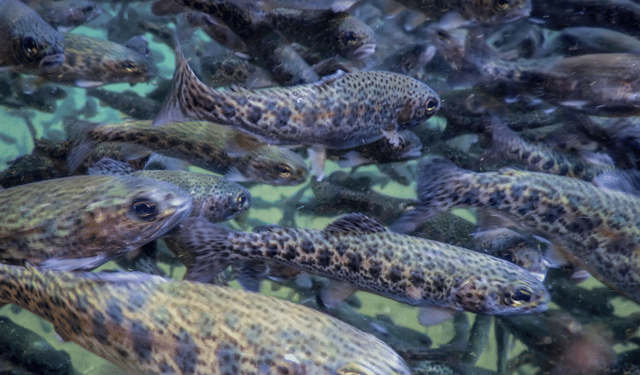Climate change threatens freshwater fish: what are we at risk? – According to a recent study conducted by the University of Bristol, climate change is having a devastating impact on freshwater fish. Rising temperatures and increasing frequency of droughts threaten the survival of many species, undermining aquatic ecosystems and economies dependent on fisheries.
Freshwater fish: an endangered resource
Freshwater fish are an essential part of global biodiversity and a key resource for millions of people. The study shows that rising temperatures reduce the oxygen available in river and lake habitats, forcing many species to move or, worse, succumb.
In addition, increasingly frequent periods of drought reduce the flow of watercourses, fragmenting habitats and making the reproductive cycle of many fish species difficult.
Economic and environmental implications
These changes do not only affect ecology. For many communities, especially those that make their living from fishing or aquaculture, the decline in the population of water fish represents a severe economic blow. Fish such as trout, salmon and perch, which are an important source of income and nutrition, are particularly vulnerable.
What can we do to mitigate the risk?
Researchers at the University of Bristol emphasise the importance of coordinated global policies to combat climate change. Wetland protection, restoration of natural habitats and sustainable water management can reduce the impact on freshwater species.
Furthermore, it is crucial to raise awareness among communities and governments about the importance of conserving freshwater ecosystems and the species that inhabit them.
Climate change is not a future threat, but a reality that is already profoundly altering our ecosystems. Protecting freshwater fish means preserving biodiversity, protecting local economies and ensuring a sustainable future for generations to come.
Climate change threatens freshwater fish: what do we risk?









